On December 29, former US president Jimmy Carter died peacefully at his ranch house in Plains, Georgia, at the age of 100. Over the last few years, most people knew him as the old head of state in the rocking chair, surrounded by family and friends, whose sense of morality and numerous good works were the stuff of legends. Whether it was building houses for the poor or establishing an institution that monitored elections around the world, nobody could accuse Carter of living an unproductive life after the presidency.
The former peanut farmer from Georgia, however, was also given a bad rap. He is frequently remembered as the bumbler whose one term in office was weak and ineffectual. As middle-school students, we were often led to believe that Carter was one of the worst presidents in modern US history. So many problems and crises occurred on his watch — high inflation and unemployment, the ransacking of the US embassy in Iran, the Iranian hostage crisis, the Soviet invasion of Afghanistan, inadequate energy supplies and long lines at the gas station — that someone who didn’t bother looking deeply at the man’s record would assume this label was justifiable. By the time Carter ran for reelection in 1980, his presidency was floundering. Ronald Reagan, then the governor of California, stomped over Carter in the 1980 presidential election, taking 489 electoral votes to his forty-nine and winning the popular vote by nearly ten percentage points.
But Carter’s post-presidential life was far more impressive than his four years in Washington.
Most ex-presidents join corporate boards, write their memoirs for posterity, obsess about their legacies and marvel at their presidential libraries. Carter, though, wasn’t content with sitting down. More than a decade after serving, he was still a bona fide American diplomat, jetting to troubled spots to negotiate peace accords before they devolved into crises.
1994 was a particularly busy year for Carter. In December 1994, Carter negotiated a four-month ceasefire between Serbs and Bosnian Muslims that quieted the guns for the Christmas holidays. While the war would eventually resume in 1995, the peace mission at the time was viewed as a worthwhile initiative by a former president who, frankly, was upstaging Bill Clinton, the real commander-in-chief who was still getting a grasp on how international diplomacy was conducted.
Three months earlier, Carter mediated another deal, this time in Haiti. The poor nation in the western hemisphere was ruled by a military junta who deposed the elected president, Jean-Bertrand Aristide, from office. The successful 1991 coup was seen as a challenge to Washington, not necessarily because it posed a direct national security threat to the United States but rather because it jeopardized the “new world order” mantra American officials were broadcasting at the time — an order where free trade, democracy, and respect for human rights and individual liberty were central to international politics.
Carter came to the rescue yet again…
The Clinton administration, working with the United Nations, upped the economic pressure to coerce the junta to leave power and restore Aristide. After a near-total embargo of Haiti and the passing of a Security Council measure that authorized a military intervention to bring back democracy, it looked like it was only a matter of time before the US invaded. In September 1994, two US aircraft carriers and 25,000 US troops were in the Caribbean ready to land on Haitian shores. And then Carter, sent by Clinton on a peace mission, convinced the Haitian junta to resign and hand power over peacefully in exchange for immunity. While US Marines still landed in Haiti, there was no resistance.
Finally, we can’t forget Carter’s mediation half a world away, this time in North Korea. In 1992, 1993 and 1994, North Korean leader Kim Il-sung was engaged in an increasingly dangerous standoff with international nuclear monitors. Pyongyang spent much of 1992 and 1993 providing those monitors incomplete or inaccurate information on North Korea’s nuclear work and threatening to withdraw from the Nuclear Nonproliferation Treaty. In March 1994, the North Koreans barred inspectors from accessing its plutonium site at Yongbyon; two months later, they removed spent fuel from the reactor in what US officials suspected was an attempt to reprocess it for nuclear weapons. The Clinton administration began debating military options.
Carter came to the rescue yet again. This latest mission wasn’t without controversy in the Clinton White House, as Carter himself acknowledged in a March 2003 interview. He told PBS: “In the past, I had always refrained from going to a troubled area of the world without approval from the White House or State Department. But I hadn’t been able to get approval. So I finally wrote President Clinton a letter and told him that I had decided to go to North Korea.”
And go he did. After meeting with Kim in Pyongyang in June 1994, Carter flew back to Washington and briefed the White House, effectively declaring the crisis over. While that wasn’t necessarily the case, Carter’s diplomacy ended up buying Washington and Pyongyang the time it needed to deescalate and come to a formal agreement. That accord, known as the Agreed Framework, was finalized in October that year, in essence downgrading North Korea’s graphite reactor with light-water reactors, providing the North Koreans with fuel oil as an alternative energy source in the interim and beginning talks on full political normalization. US military action, which would have claimed the lives of tens of thousands of Koreans and Americans, was averted.
Granted, not all of Jimmy Carter’s post-presidential diplomatic forays ended in success. The Agreed Framework collapsed nearly a decade later due to implementation issues on both sides. Yugoslavia was still a war zone throughout the 1990s. And nobody in their right mind would look at Haiti today, with gangs controlling Port-au-Prince and hunger sweeping the population, as a case study in working democracy. But the point still stands: although the Georgian wasn’t a great politician, his acumen in conflict resolution can’t be disputed.



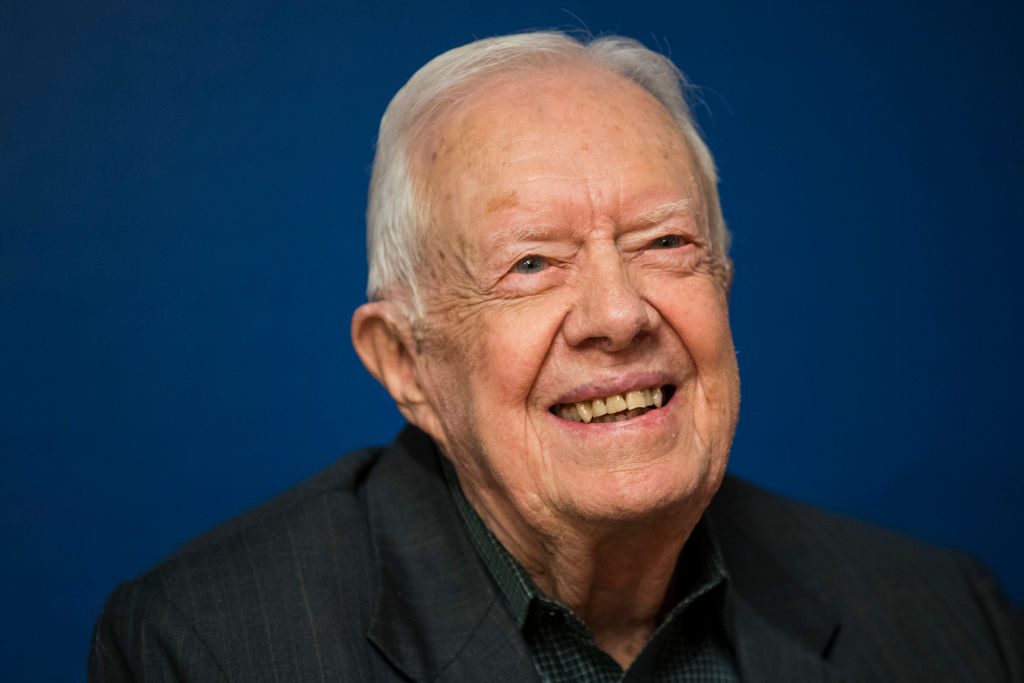






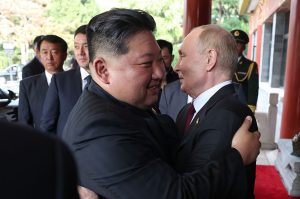
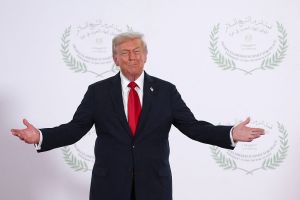

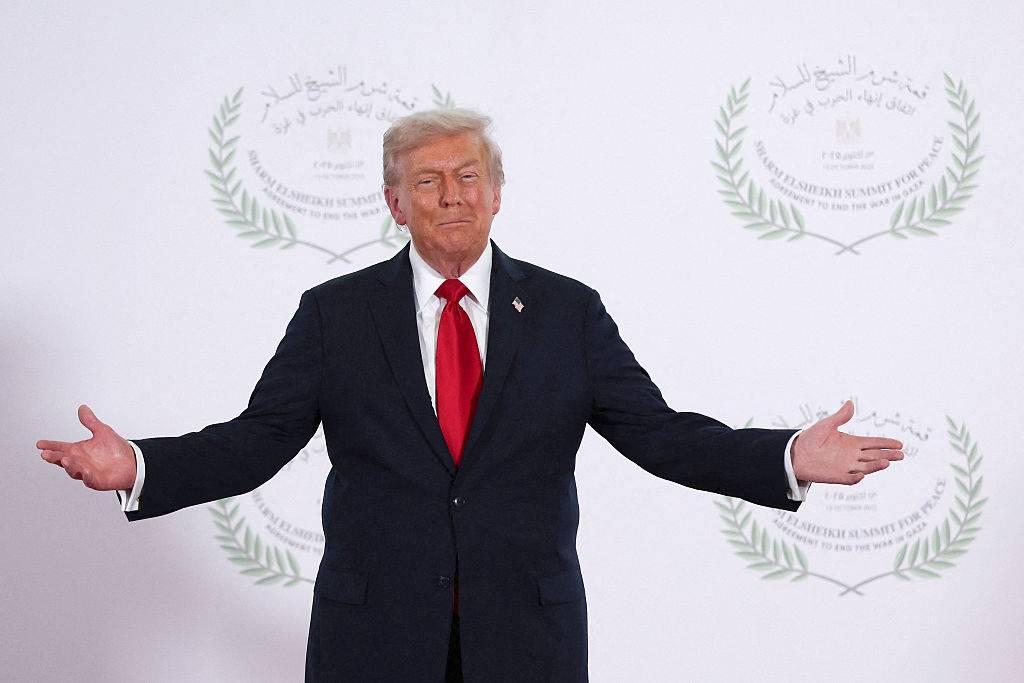

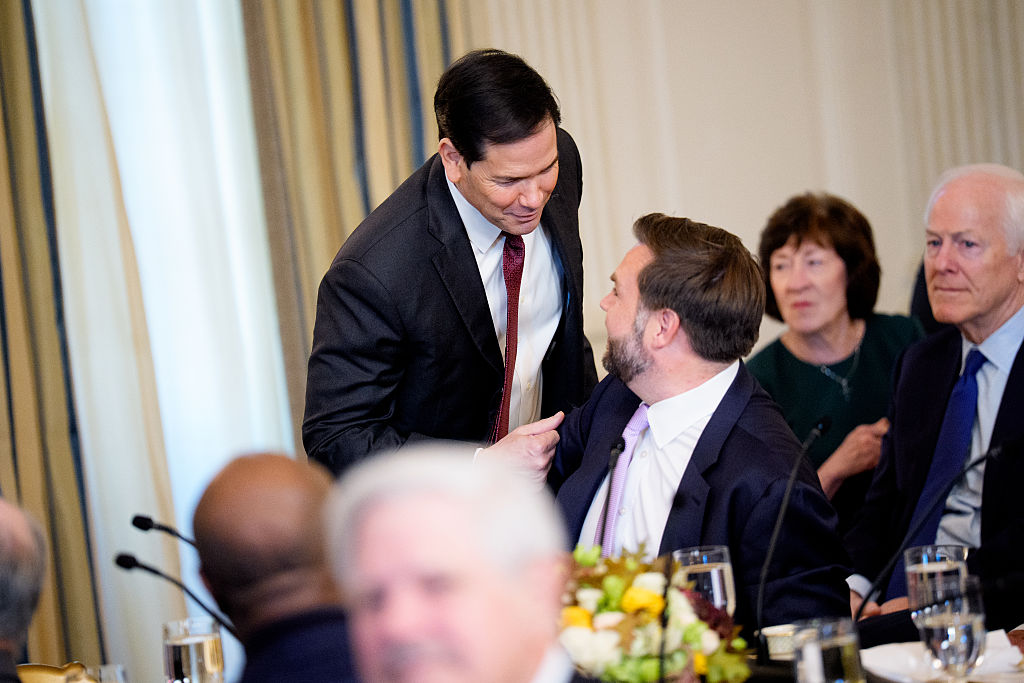

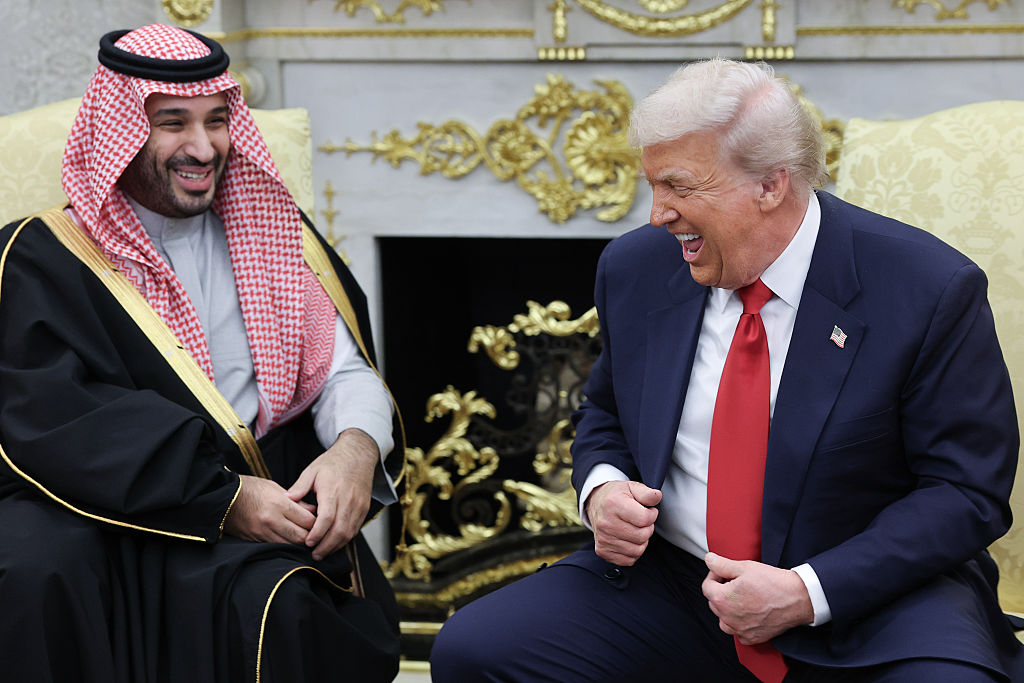








Leave a Reply